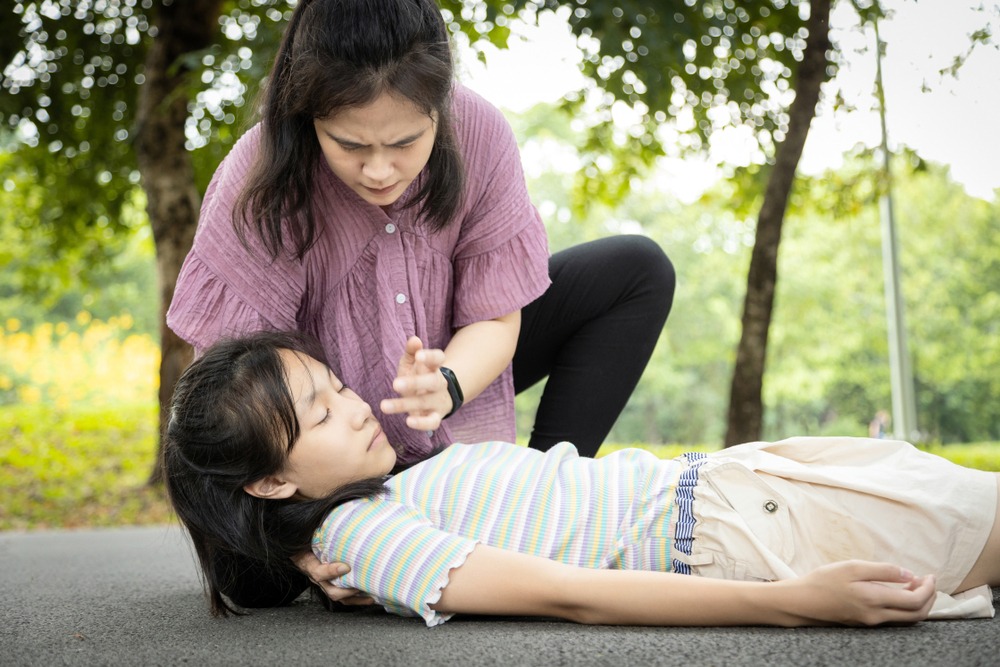Introduction
The 18-year-old boy in Bombay dies shortly after an unexpected heart attack. A 17-year-old girl in Delhi was taken to a hospital in Bengaluru following suffering congestive heart failure symptoms. The 16-year-old kid collapsed after a sport activity and had a heart attack. The 15-year-old a kid in Kolkata had urgent surgery after having a severe heart attack at home. Immediate heart attack is rare in young people, nonetheless it happens.
Based on the 2017 Global Burden of Disease Study, over 3,800 young people in India from the years of 15 to 29 die from cardiac diseases, including heart attacks. Unexpectedly, the IHD is the most common cause of death in this age range in India. The WHO describes young adults to be those aged fifteen to 24 years old.
What signifies an unexpected the heart seize?
Sudden cardiac arrest (SCA) takes place if your heart fails to work properly, which causes reduced circulation to the mind and other vital organs.
Are there any signs of rapid cardiac arrest before it takes place?
Sudden cardiac arrest (SCA) arises quickly and shows indicating signals:
Chest pain is characterized by chest pain or pressure which spread over the arms, back, the neck, or jaws.
Irregular heartbeat: Feeling rapid or irregular heartbeats, called palpitations.
Fainting: Losing consciousness or feeling like you might.
Fatigue: Being tired or weak despite sleeping.
What causes unexpected heart attack in youths?
Hypertrophic Cardiomyopathy: The core muscle gets extremely heavy, which makes it more difficult to circulate blood.
Long QT syndrome is a condition that produces rapid, unplanned heart rate, which may result in faint or death unexpectedly.
Other heartbeat problems are the syndrome of Brugada & Wolff-Parkinson-White disease.
Will unexpected deaths in young people be prevented?
Yes, sometimes. Here are some ways:
To prevent sudden cardiac death:
Limit activity: Doctors may say no to competitive sports to ease heart strain.
Medication: Prescribed to manage symptoms and lower risk by controlling heart rhythm, blood pressure, or heart muscle strain.
Surgery: Done to fix heart issues or implant devices like pacemakers or ICDs. These devices can help regulate heart rhythm and provide life-saving interventions if needed
Tests for screening
Doctors will ask about your medical history, examine you, and run tests to assess the danger of sudden cardiac arrest. Some of the possible tests that are often did for screening are as follows:
Echocardiogram: This form of imaging uses sound waves to generate photos that show the hearts inside and operation, helping in finding signs of structural defects or heart conditions.,
Exercise stress test: This test assesses how the heart responds to exercise and can detect odd heartbeats that may occur as exercise.
Genetic Testing: Genetic screening might be used whenever an inherited heart disease is indicated.
Conclusion
A sudden cardiac arrest concerns young people, but screen for signs and symptoms can help detect people at higher risk. At Intima Heart Care, a leading heart hospital in Nagpur, we prioritize use heart examinations for young people. Quick notice of heart issues reduces the chance of sudden cardiac arrest and increases awareness of heart health. Prioritise preventative and heart-healthy habits for a long and satisfied life. Get charge of your heart’s heath now with Intima Heart Care.
Don’t forget to visit our YouTube Channel to learn more about heart disease.



